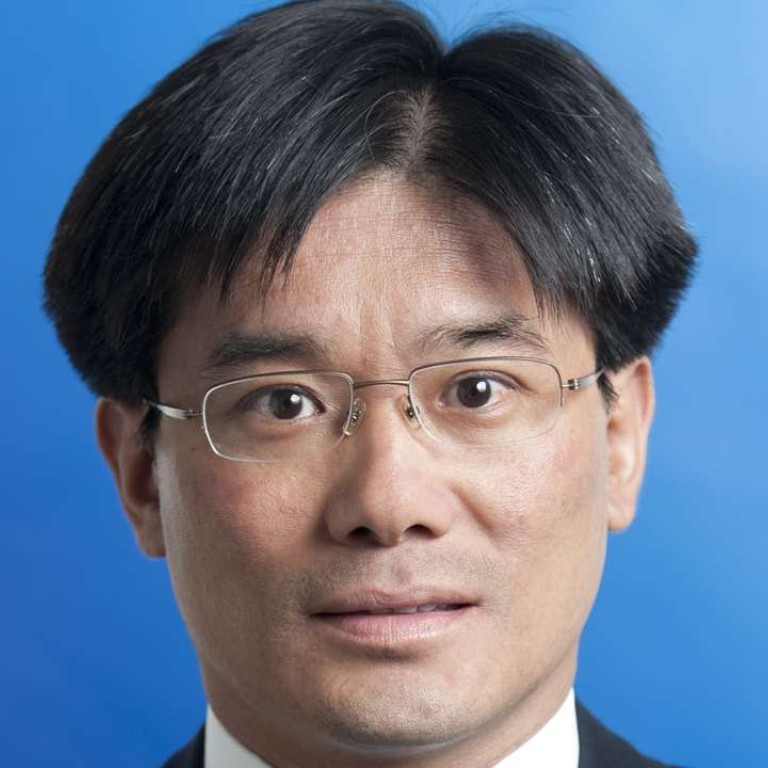
HKEX explores collaborations to further develop its commodities business
Operator looks at closer cooperation with exchanges in mainland China and around the world and signs MoU with the Shanghai Gold Exchange to explore areas of mutual interest
Hong Kong Exchanges and Clearing (HKEX) has explored various possibilities to collaborate with exchanges around the world and in mainland China to further develop its commodities business.
In March, HKEX and the Shanghai Gold Exchange (SGE) formally signed a memorandum of understanding (MoU) to explore various areas of mutual interest, including the joint development of precious metals products and cross-market connectivity. It also plans to set up a metal trading platform in Qianhai Free Trade Zone, Shenzhen.
The MoU is widely considered a foundation for the strategic dialogue between the two leading exchanges and closer cooperation with the aim of introducing more attractive products and investment opportunities.
Bonn Liu, partner and head of investment management at KPMG China, believes the cooperation between the HKEX and SGE will bring forth multiple benefits for the exchanges and investors.
“Initiatives to develop more diversified products and promote greater cross-market connectivity will potentially provide better liquidity and lower costs to investors,” he says. “It is also an opportunity to give China [one of the biggest users of metals] a greater say in the pricing of these globally strategic resources. This is considered a potential move closer to establishing a yuan price fix on gold and other metals and further promoting the internationalisation of renminbi.”
Eddie Wong, partner of capital markets services at PwC Hong Kong, says the plan to set up a national metal trading platform in Qianhai has been widely conceived as a means to tap into the huge demand for raw materials from heavy industries in China. “It is thus expected to draw in metal suppliers from around the world,” he says. “Although the trading platform is still at a concept stage, there are signs that it will largely function as a spot market and a source of raw materials for heavy industry participants, rather than a platform for speculative investors. This should be hugely beneficial to these companies. The platform should also benefit the London Metal Exchange (LME), as its traders can now access the largest raw material-consuming country in the world through Qianhai.”
Wong adds it is unclear what the legal and tax rules would be. “However, potential investors can take a certain amount of comfort from the fact that the trading platform will be in Qianhai, where third-party mediators can be summoned to assess commercial disputes,” he says. To help pave the way for the smooth running of this trading platform, the logistical support for transporting the commo-dities from the source to market storage facilities, and then on to purchasers, should be considered, Wong adds.
“A form of cooperation on cross-border delivery of traded metals would allow for more efficient movement of raw materials, reducing costs and potential arbitrage,” he says. “It will also allow the trading platform to have better oversight of the transaction settling process, reducing the risk towards the parties involved. Another area of development could be to increase the commodities traded to attract more deal traffic.
“If HKEX can leverage its experience with LME, the Qianhai trading platform has the potential to become an organised, active and centralised market, setting indicative prices and reducing price volatility,” Wong says. “This should also help raise the profile of commodities in Hong Kong and in HKEx, potentially attracting natural resources players to the Hong Kong capital market.”
Depending on how well the project turns out, further cooperation between HKEX and mainland bourses could come in the form of the development of derivatives, futures, and other risk management instruments, Liu says.
